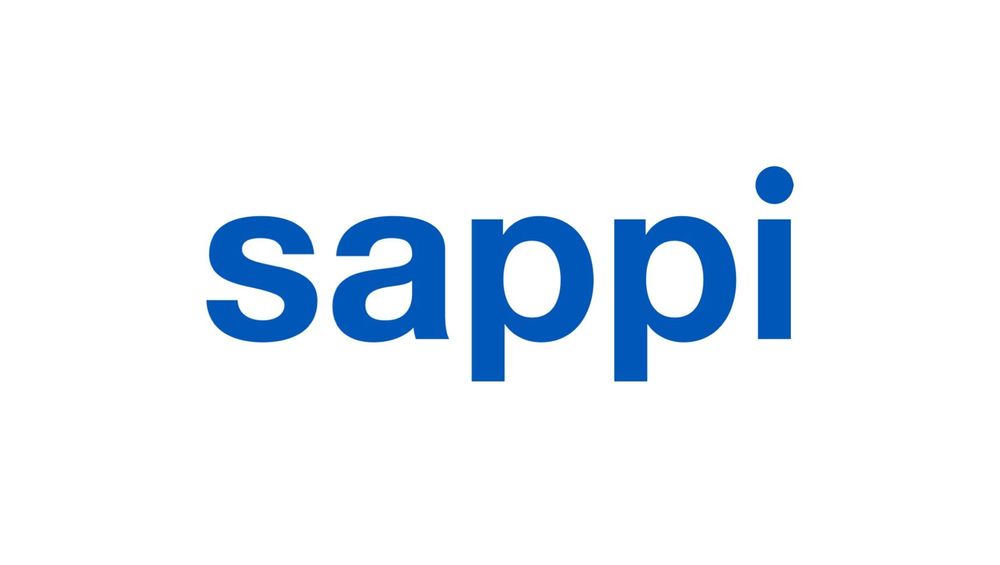Sappi Promotes and Conserves Biodiversity Through Certification to the Sustainable Forestry Initiative® Standard
Sappi North America supports forest biodiversity conservation

SFI is one of the world’s leading independent nonprofit organizations responsible for developing sustainable forestry certification programs.* SFI standards provide practical, scalable solutions for markets and communities.†
In 2022, SFI enhanced its world-class standards with a focus on continuous improvement and the incorporation of the best-available science and emerging issues. Rebecca Barnard, Forest Certification Manager for SNA, chaired the SFI Fiber Sourcing Standards Revision Task Group, which enhanced requirements for biodiversity conservation, logger training, due diligence systems and cooperative efforts of SFI Implementation Committees (SICs).
Sappi’s certification to the SFI Fiber Sourcing Standard includes proactive measures to promote and conserve biodiversity at regional and local levels. Regionally, Sappi initiated and helped lead the efforts in 2022 to complete new landscape-scale assessments of “forests with exceptional conservation value,” defined as critically imperiled and imperiled species and ecological communities. Summaries of these assessments are available to wood producers and will be included in future logger training and landowner outreach efforts. At a specific forest-stand level, SFI has long required conservation of imperiled biodiversity values, landowner outreach, the use of trained loggers and resource professionals, investment in forest research, and adherence to best management practices during harvesting operations.
SFI responds to local needs through a network of SICs across the US and Canada, which are an integral part of SFI and play a vital role in promoting logger training, landowner outreach, youth and adult education, community engagement, the integrity of the SFI program, and responsible forestry at local levels.
Since 1995, SFI-certified organizations, including Sappi, have contributed nearly $75 million to support local programs through SICs. This includes logger and forester training to reach the thousands of independent contractors that are the key to the quality of forest harvesting operations.
“SICs’ roles have evolved,” says Patrick Sirois, Director of the Maine Sustainable Forestry Initiative. “In the early years, the primary responsibilities for SICs were to establish logger training programs and conduct outreach efforts. The 2022 standard created opportunities for SICs to lead collaborative efforts on topics such as biodiversity conservation. Early feedback suggests such collaborations are proving successful.”
As an example, the Minnesota SIC hired Larissa Harris-Juip, a Native American educator, to adapt six Project Learning Tree lessons to better relate to Indigenous people and educate non-Indigenous people about Indigenous perspectives. Larissa relied on her close ties to Ojibwe and Dakota communities in northern Minnesota to write about how Ojibwe and Dakota people use and manage forests for homes, food, industry, recreation and spiritual purposes. The revised lessons reflect Indigenous cultures, languages, values and ways of learning, and they are available to all Minnesota teachers.

